SERVICES
As part of our zero waste to landfill approach, we strive to empower organisations to increase their recycling and recovery rates. Our waste management strategies are designed to maximise recycling by streamlining the sorting and recycling process.
Below are the different waste streams that are sorted at the Delta Waste Management facilities:
HAZARDOUS WASTE
Hazardous waste is a waste that contains organic or inorganic elements or compounds that may, owing to the inherent physical, chemical or toxicological properties of that waste, have a detrimental impact on health or the environment.
Below are the types of hazardous waste
The four mostly identified hazardous waste onsite are as below:
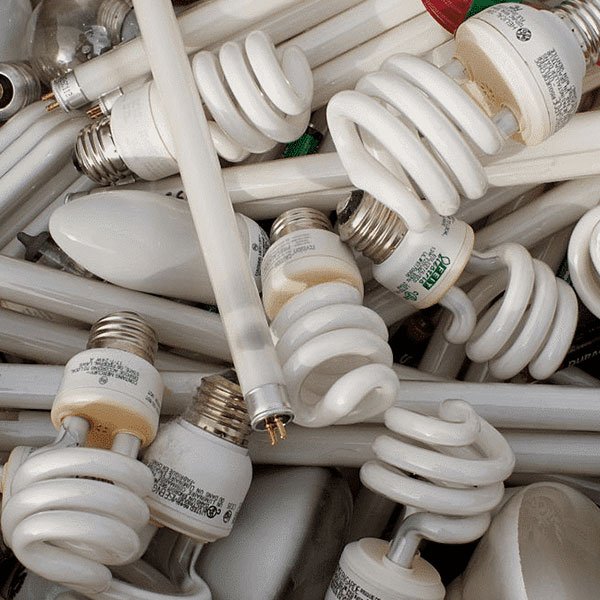
Fluorescent Tubes
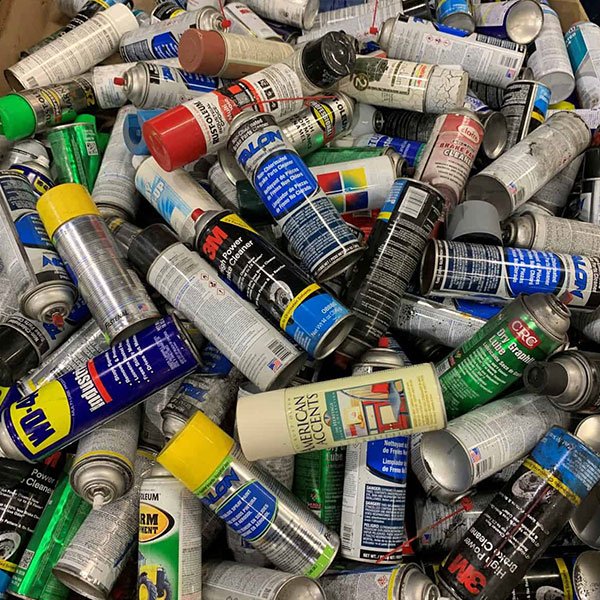
Aerosol Cans
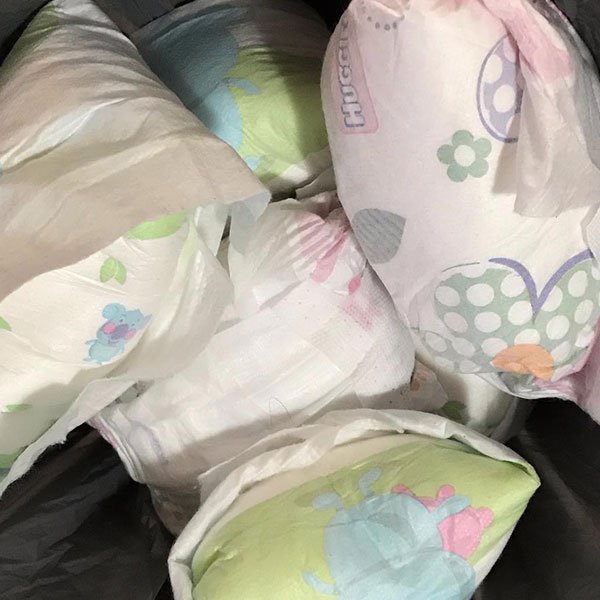
Nappy Waste
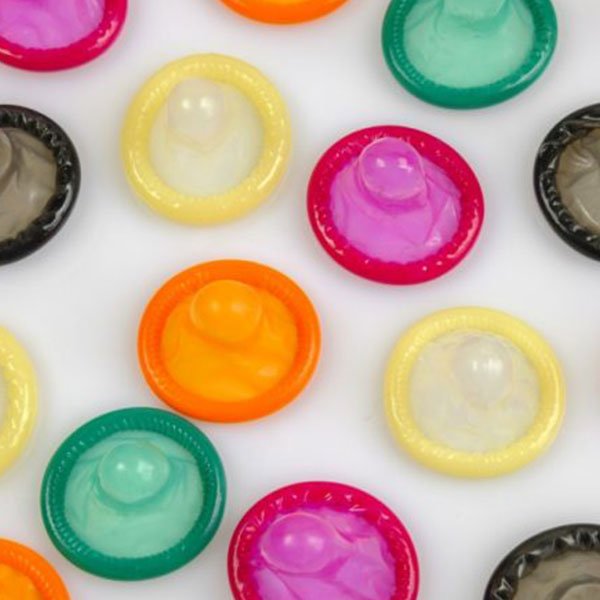
Condom Waste
NON-HAZARDOUS WASTE
Non-hazardous waste consists of the following:
- Recyclable solid waste
- Non-recyclable compactable solid waste
- Non-recyclable non-compactable solid waste
RECYCLABLE SOLID WASTE
Paper
Paper is a type of material manufactured in thin sheets from the pulp of wood or other fibrous substances, used for writing, drawing, printing on, or as wrapping material.
Below see the paper types:
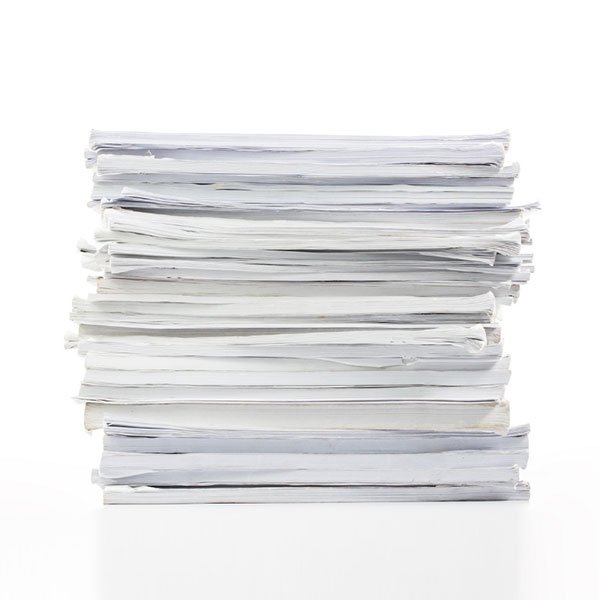
White paper

Coloured paper
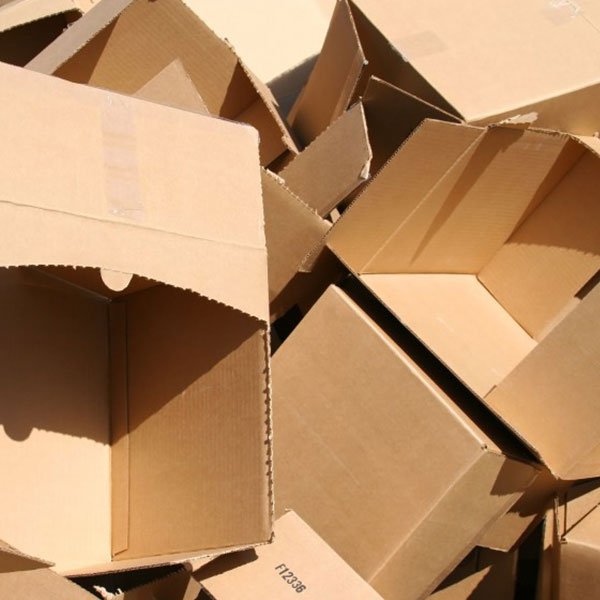
Cardboard
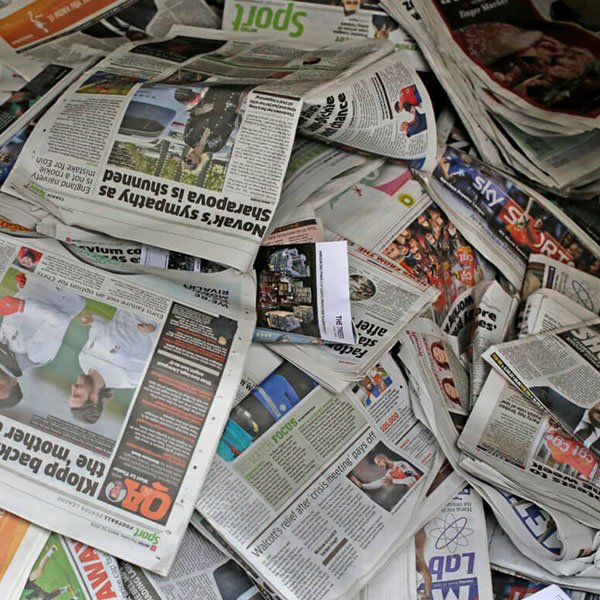
Newspaper
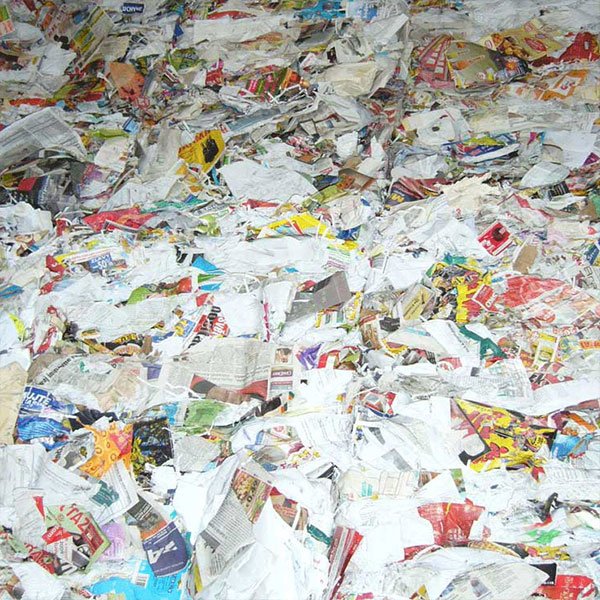
Mixed waste paper
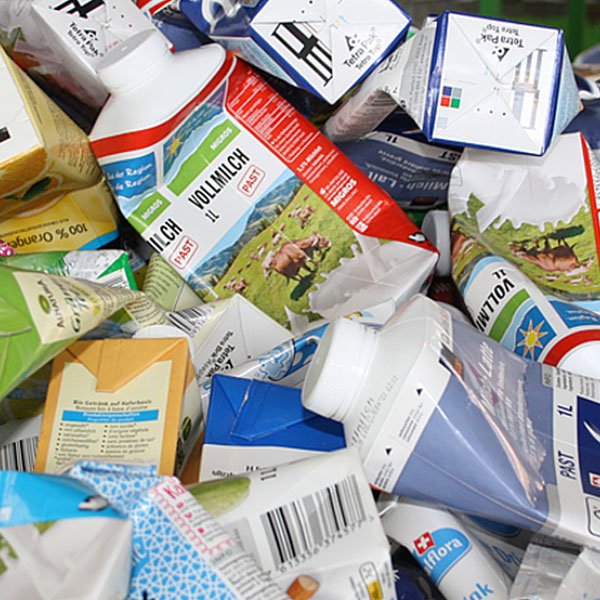
Tetra Pak

Magazine
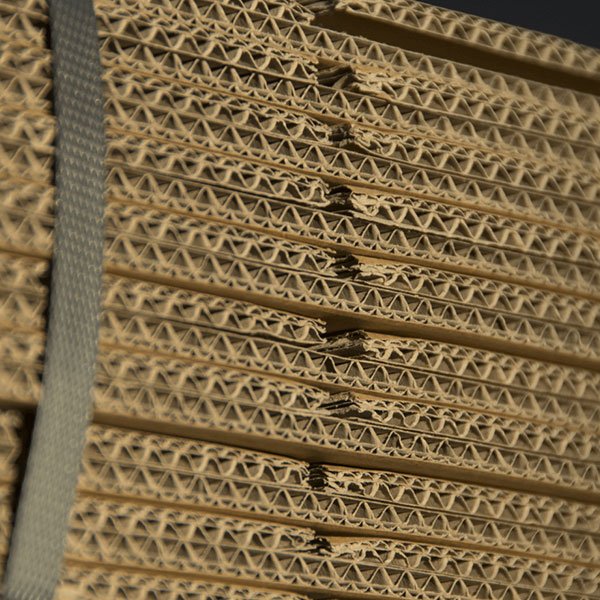
Corrugated cardboard
Glass
Glass is made from natural and abundant raw materials (sand, soda ash, and limestone) that are melted at very high temperatures to form a new material.
Below see the types of glass:
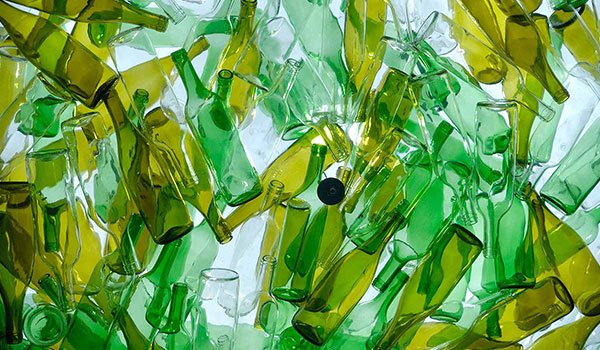
Green glass
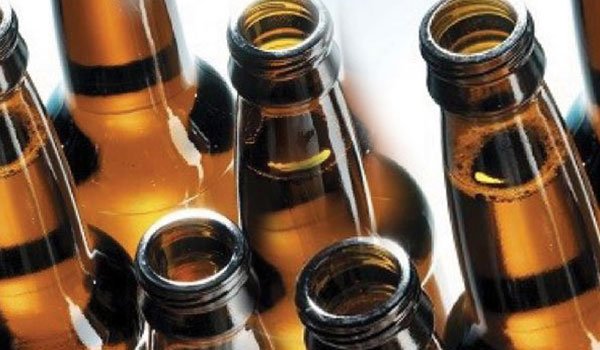
Brown glass
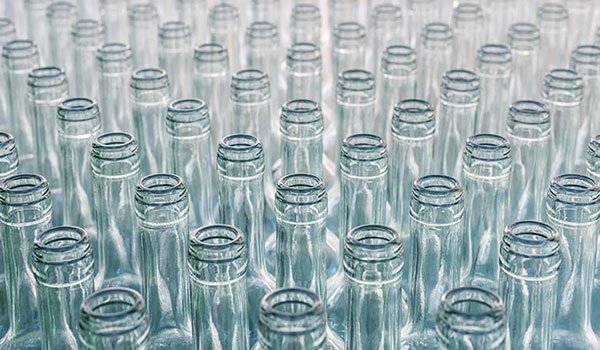
Clear glass
Plastic
Plastics are a wide range of synthetic or semi-synthetic materials that use polymers as the main ingredient. Their plasticity makes it possible for plastics to be molded, extruded, or pressed into solid objects of various shapes.
If a staff member does not understand the type of plastic, please contact the immediate supervisor for advice.
Find the different types of plastics below:
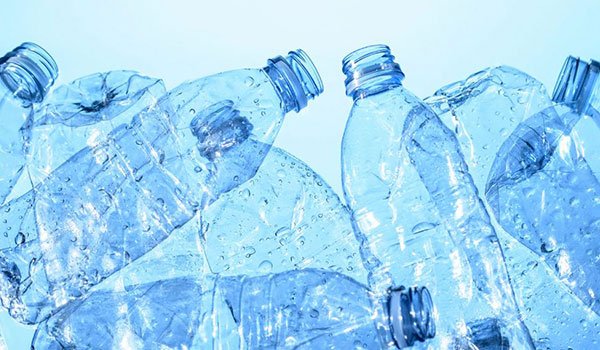
Polyethylene Terephthalate (PET)
Clear plastics that are mostly white, green, and blue in colour.
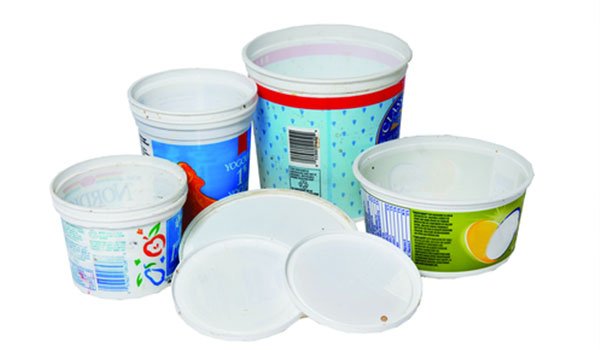
High Density Polyethylene (HDPE)
Dense plastics with various colours but it is mostly white in colour.
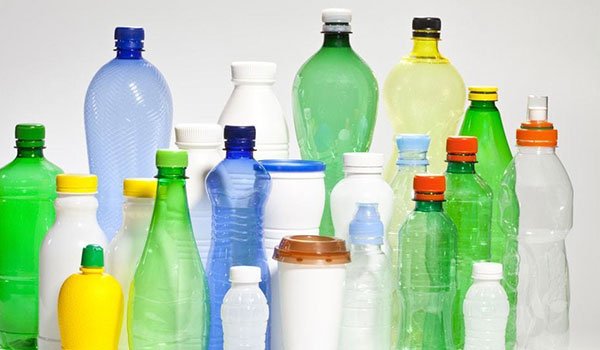
Polyvinyl Chloride
Comes in two forms, i.e., rigid and flexible
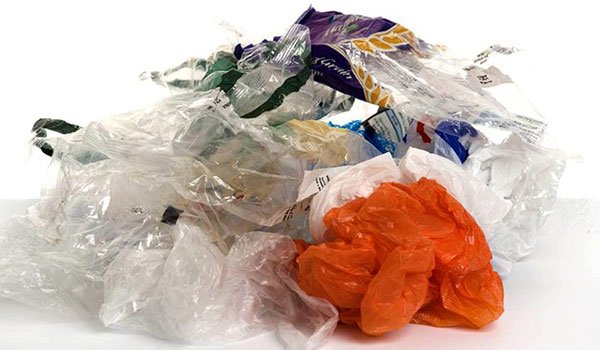
Low Density Polyethylene
Plastics that are thin and flexible – are most commonly used as plastic bags.
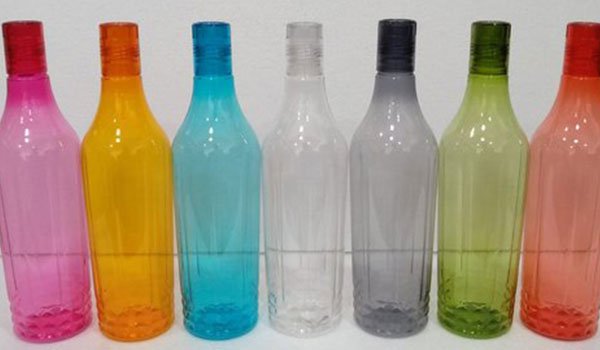
Polypropylene
Smooth surface plastics that crack easily when bent.
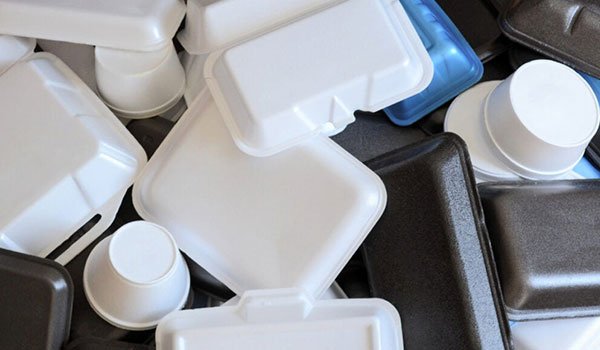
Polystyrene
Clear plastics or stiff foam.
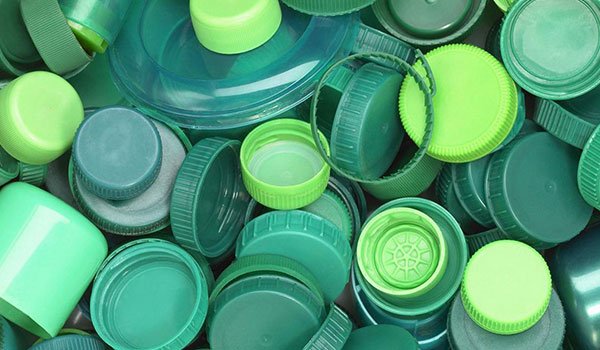
Other
A mixture of various plastics – mostly used in the engineering sector
Metals
Metals are solid materials that are typically hard, shiny, malleable, fusible, and ductile, with good electrical and thermal conductivity. Delta waste management deals with two types of metals which are aluminum cans and steel cans.
Below find the types of metals discussed above:
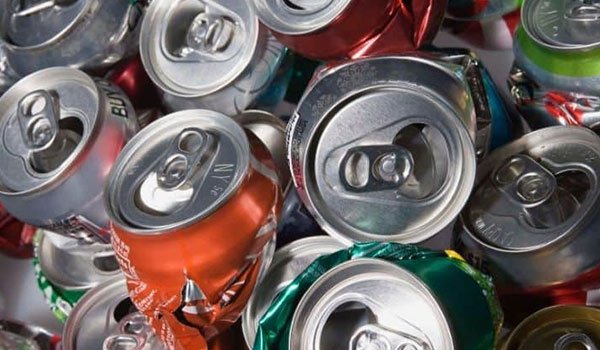
Aluminium cans
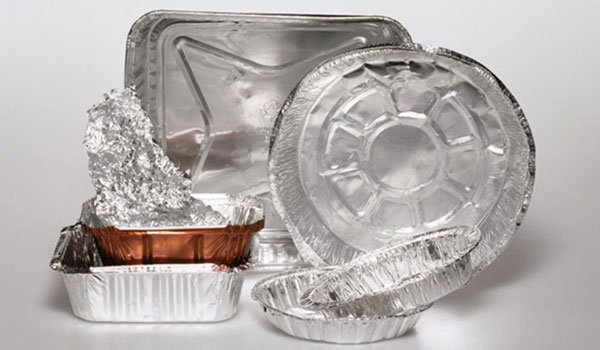
Aluminium foil
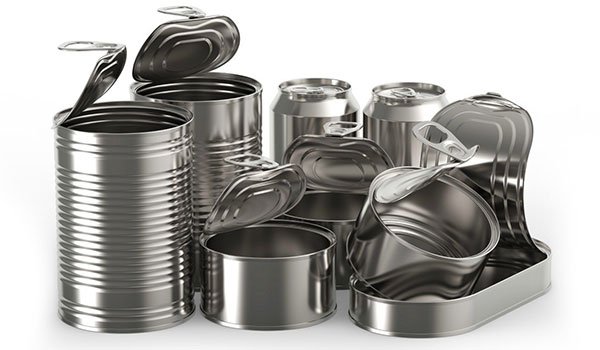
Steel/tin cans
NON-RECYCLABLE COMPACTABLE SOLID WASTE
Waste compaction is the process of compacting waste, reducing it in size. waste compactors and waste collection vehicles compress waste so that more of it can be stored in the same space. Compactable waste is the type of waste that is not recyclable in anyway like polystyrene products, tissue waste, food waste and chips bags.
NON-RECYCLABLE NON-COMPACTABLE SOLID WASTE
Non-Compactable waste is the waste that cannot be uplifted with a compactable truck is it cannot be compacted. These items are things like, Wood, Concrete, Bricks, Cement, Thick Metals, Tiles and so on.
Once separated, recyclable streams are stored for the collection by our recycling affiliates. Additionally, we also promote recycling by means of the Delta Rotating Compost Vessel, the Delta Dawn worm farm and the Trash in Cash in recycling campaign.
WASTE REMOVAL AND SORTING
Delta Waste Management removes, transfers, and processes generated waste. This entails collecting waste and transporting it to a dedicated on-site Waste Sorting Facility (WSF). These facilities are designed to collect a mixture of solid waste which is divided into various categories. The services provided by a WSF includes the manual sorting of solid waste materials into different waste streams, storage and regular disposal of hazardous solid waste, weekly disposal of solid waste materials (excluding recyclables and hazardous materials) and recycling of paper, plastic, glass and metal solid waste materials on a weekly basis.
We also encourage separation-at-source initiatives where waste is sorted into different recyclable streams at the source where it is generated. In this case, we collect waste designated for recycling and disposal. All collected waste is sorted, disposed of, recycled, and transported according to national waste legislature and environmental best practices.
COMPOSTING
Our composting services further contribute to minimising waste to landfill. This provides an ideal alternative solution to the disposal of organic waste material such as garden waste, food waste, wood waste and other manufactured biodegradables. Delta Waste Management’s composting facilities make use of a specialized Rotating Composting Vessel (RCV) to safely decompose these materials at an accelerated rate.
This method offers additional control over the composting process as waste is processed within an enclosed vessel. As a result, the composting system has shortened active and curing phases, enabling us to produce a high-quality compost in a shorter period of time. This mineral-rich soil can be used to cultivate vegetation.
The Delta Group also owns a small-scale worm farm that receives and digests food waste to create a highly concentrated organic liquid fertilizer known as vermileachate. It contains nutrients and microbes that stimulate plant growth and improve plant health.
HAZARDOUS WASTE TRANSPORTATION
We provide the efficient removal and transportation of hazardous waste to relevant destinations. This refers to waste that poses potential or substantial threats to the environment or public health and well-being. Examples of hazardous waste include paints, pesticides, electronic equipment, batteries, chemicals, healthcare waste, pharmaceuticals, aerosols, and fluorescent tubes.
Upon collection, this waste is weighed and transferred to a designated bin. It is then transported and disposed of according to safety disposal regulations. All staff involved in the transportation and disposal of hazardous waste are given appropriate training as well as PPE. Certificates of safe disposal are provided.
WASTE REDUCTION STRATEGIES
Delta Waste Management seeks to optimize the waste management strategies of our clients and provide a return on waste infrastructure investment. This involves conducting regular audits of waste generated to determine waste stream volumes and possible areas where waste can be reduced by the introduction of new systems or products.
Our experienced team can suggest and implement the relevant waste reduction strategies. We pride ourselves on continuous involvement and the same project team that is assigned to a project remains responsible for it from inception to completion. This continuous involvement not only ensures a higher level of service to our clients, but it also places us in the ideal situation to offer long-lasting assistance on waste reduction strategies.
